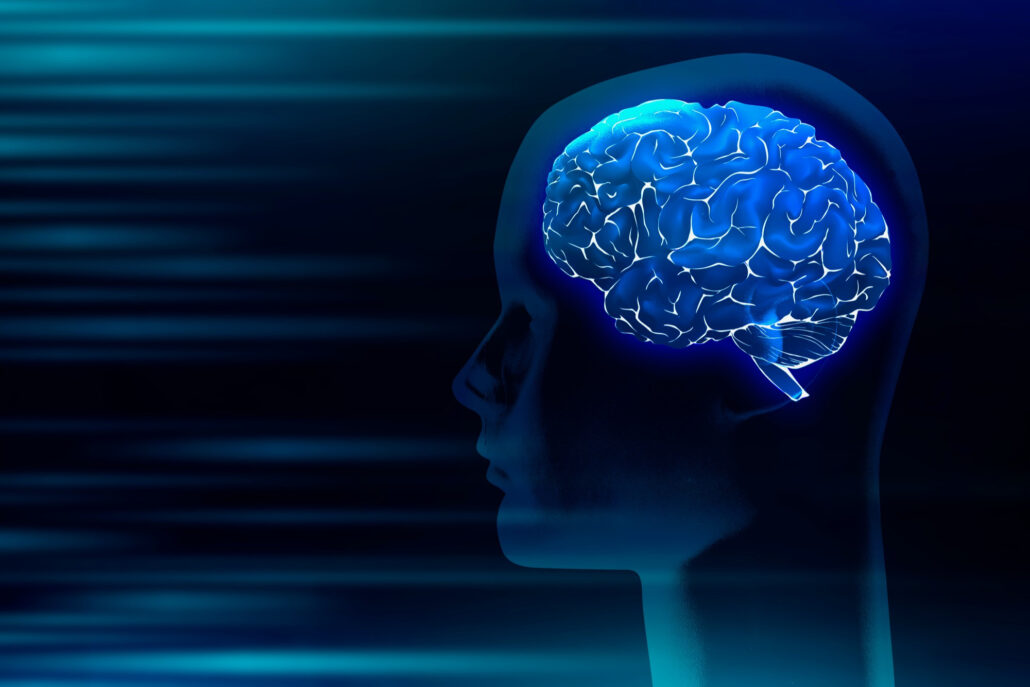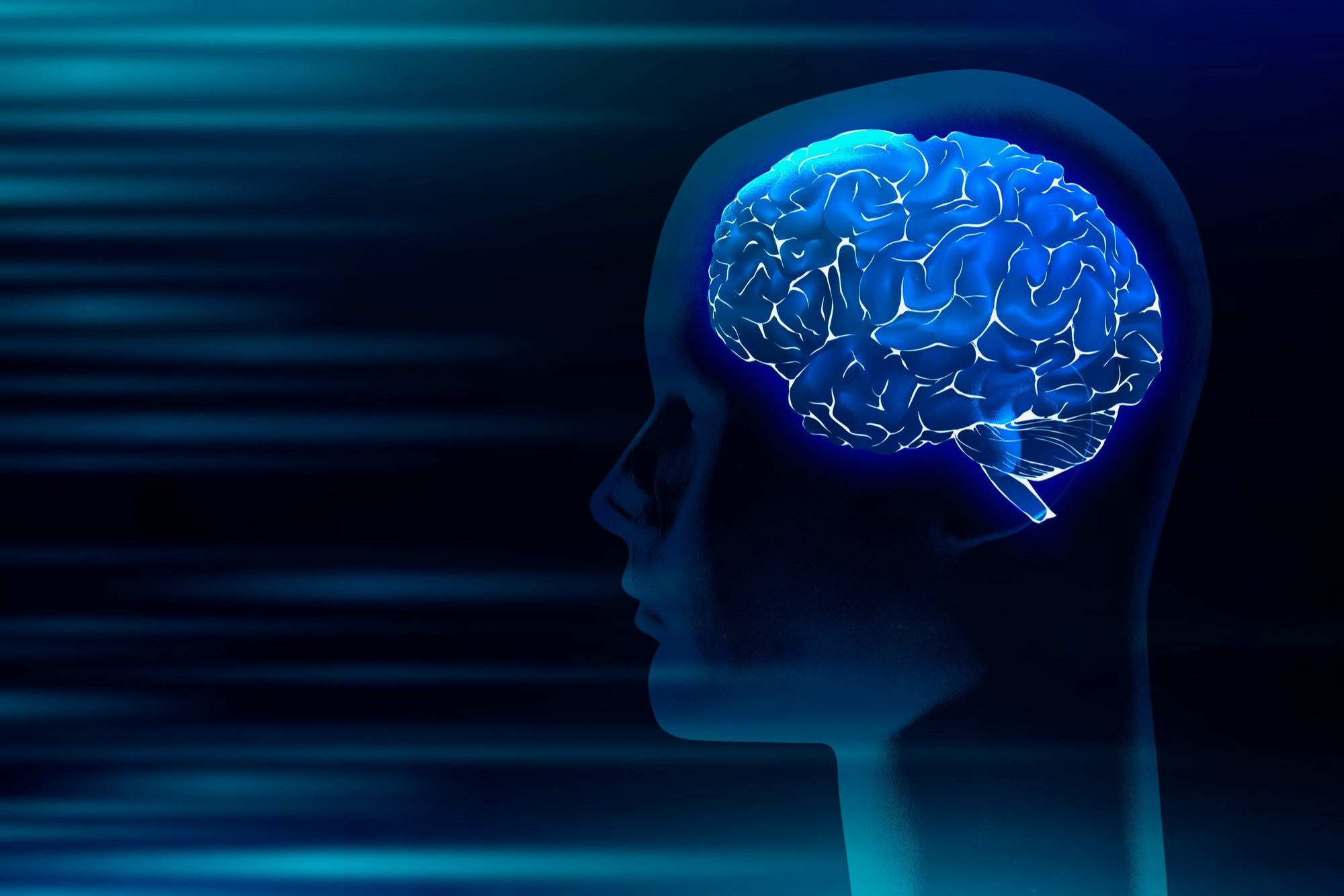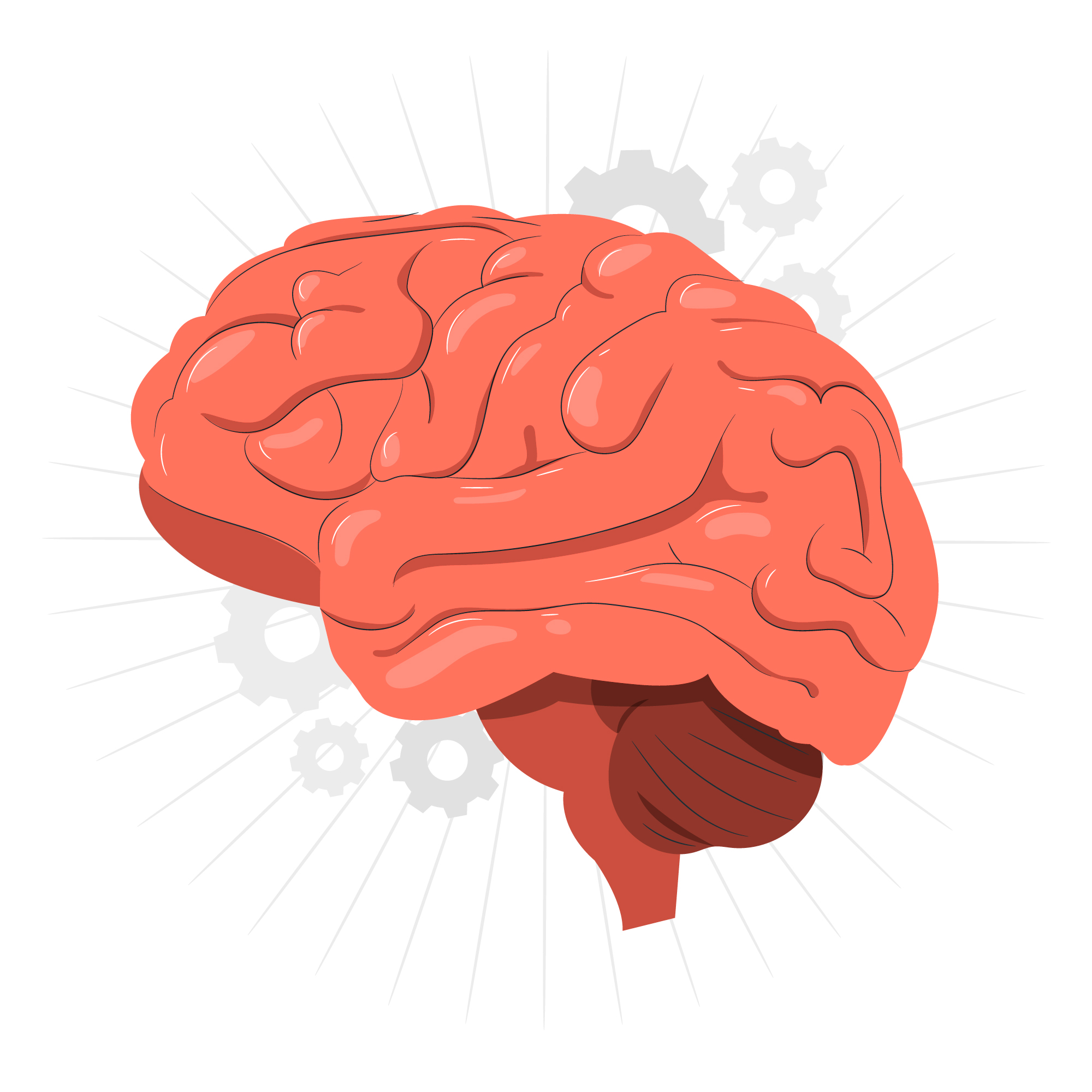Fast Facts

Ages 21-60

Recently started taking Buprenorphine or Methadone

Compensation Provided

Conducted in Providence, RI
Study Background
Researchers are evaluating the effectiveness of brain stimulation for curbing opioid cravings.
Our research explores how the brain works during addiction recovery. We’re studying if using a special type of brain stimulation can help people in early recovery from opioid addiction who are also taking Buprenorphine or Methadone. This stimulation, called transcranial direct current stimulation (tDCS), aims to change activity in specific parts of the brain linked to addiction.
We’re looking at different aspects like how much people crave opioids, how well they can control their thoughts, and if they end up going back to using opioids. By looking at all these parts, we’re trying to see if brain stimulation could be a helpful addition to addiction treatment.
Our study could give new insights into how the brain controls cravings and how to stop people from relapsing. This could lead to better ways to help those struggling with addiction.

Study Background
Researchers are evaluating the effectiveness of brain stimulation for curbing opioid cravings.

Our research explores how the brain works during addiction recovery. We’re studying if using a special type of brain stimulation can help people in early recovery from opioid addiction who are also taking Buprenorphine or Methadone. This stimulation, called transcranial direct current stimulation (tDCS), aims to change activity in specific parts of the brain linked to addiction.
We’re looking at different aspects like how much people crave opioids, how well they can control their thoughts, and if they end up going back to using opioids. By looking at all these parts, we’re trying to see if brain stimulation could be a helpful addition to addiction treatment.
Our study could give new insights into how the brain controls cravings and how to stop people from relapsing. This could lead to better ways to help those struggling with addiction.
Additional Information
Researchers are investigating if using a type of brain stimulation, tDCS, can reduce opioid cravings in individuals in early recovery.
You may qualify for a study if you meet the following criteria.
Inclusion Criteria:
- Ages 21-60
- Started or restarted taking Buprenorphine or Methadone for opioid use within the last 30 days
- Able to attend 10 visits at Butler Hospital in Providence, RI
Throughout the course of this study, you’ll be asked to engage in visits that will include assessments, EEG scans, and interviews with the study team.
1. At your baseline assessment, you will complete questionnaires, an interview, a urine drug screen, and an EEG scan.
2. If eligible, you will return for 5 treatment visits. The treatment will involve applying a small amount of electrical current to the scalp for 20 minutes. You will play a computer game during each session and answer questions before and after.
3. Following your treatment visits, you will return for follow-up visits at weeks 2, 6, 12, and 24. These visits will vary in their length and activities, but will include some combination of interviews, questionnaires, a urine drug screen, and an EEG scan.
You can earn up to $625 in compensation for your participation in our study.
There is no cost for you to participate in our research study.
Site Location

